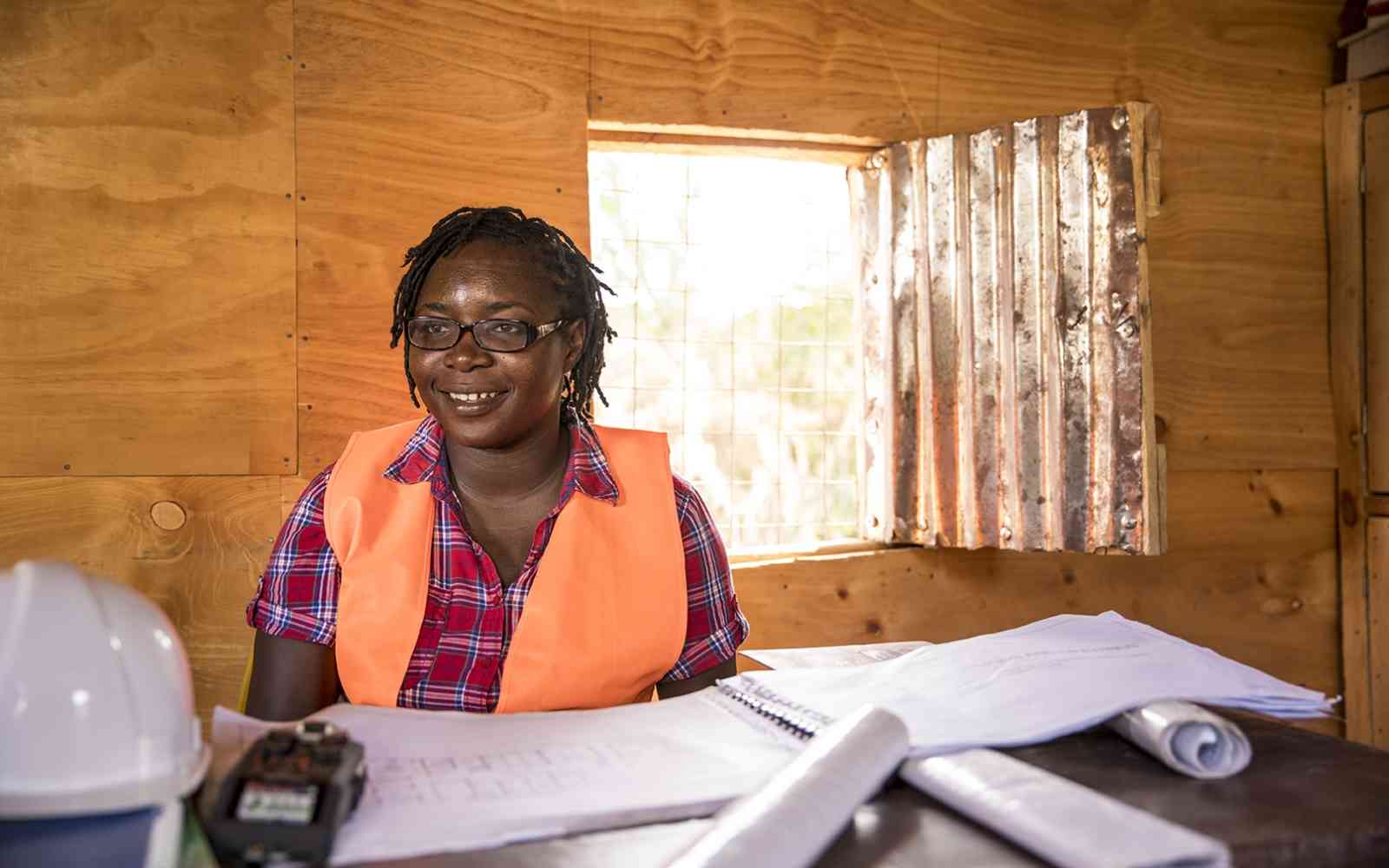The United Nations Office for Project Services (UNOPS)
Strengthening the capacity and resilience of Tunisia's healthcare system
UNOPS is working with the government of Tunisia and the World Bank to help build advanced and specialized healthcare capacity.
With healthcare facilities across Tunisia in need of upgraded medical equipment, UNOPS is working with the country’s Ministry of Health to procure new and state-of-the-art medical technology to enhance the delivery of clinical, surgical and emergency healthcare services across the country.
With more than $54 million in funding from the World Bank, UNOPS has procured and distributed more than 1,800 items of advanced medical equipment, which will be allocated to 75 hospitals across the country. Efficient procurement processes have so far resulted in a savings of around $4 million, ensuring additional funds can be reinvested into the project by the government to further enhance and modernize Tunisia’s healthcare system – including by purchasing additional equipment.
This project signifies UNOPS continuing commitment to help strengthen the resilience of Tunisia's healthcare system and expand access to quality healthcare for people around the country.
"With the medical equipment procured by UNOPS, various specialties are being introduced for the first time to further strengthen the country’s resilience against future health shocks," said Denizhan Duran, Senior Economist for Health, Nutrition and Population, World Bank.
The equipment procured will help Tunisia enhance molecular laboratory and assisted reproductive technology diagnostic capabilities, increase the efficiency of surgical procedures and reduce recovery times for patients, promote early detection and improve treatment outcomes for cervical cancer, and support the development and implementation of advanced digital health information systems, telemedicine and electronic health records.













